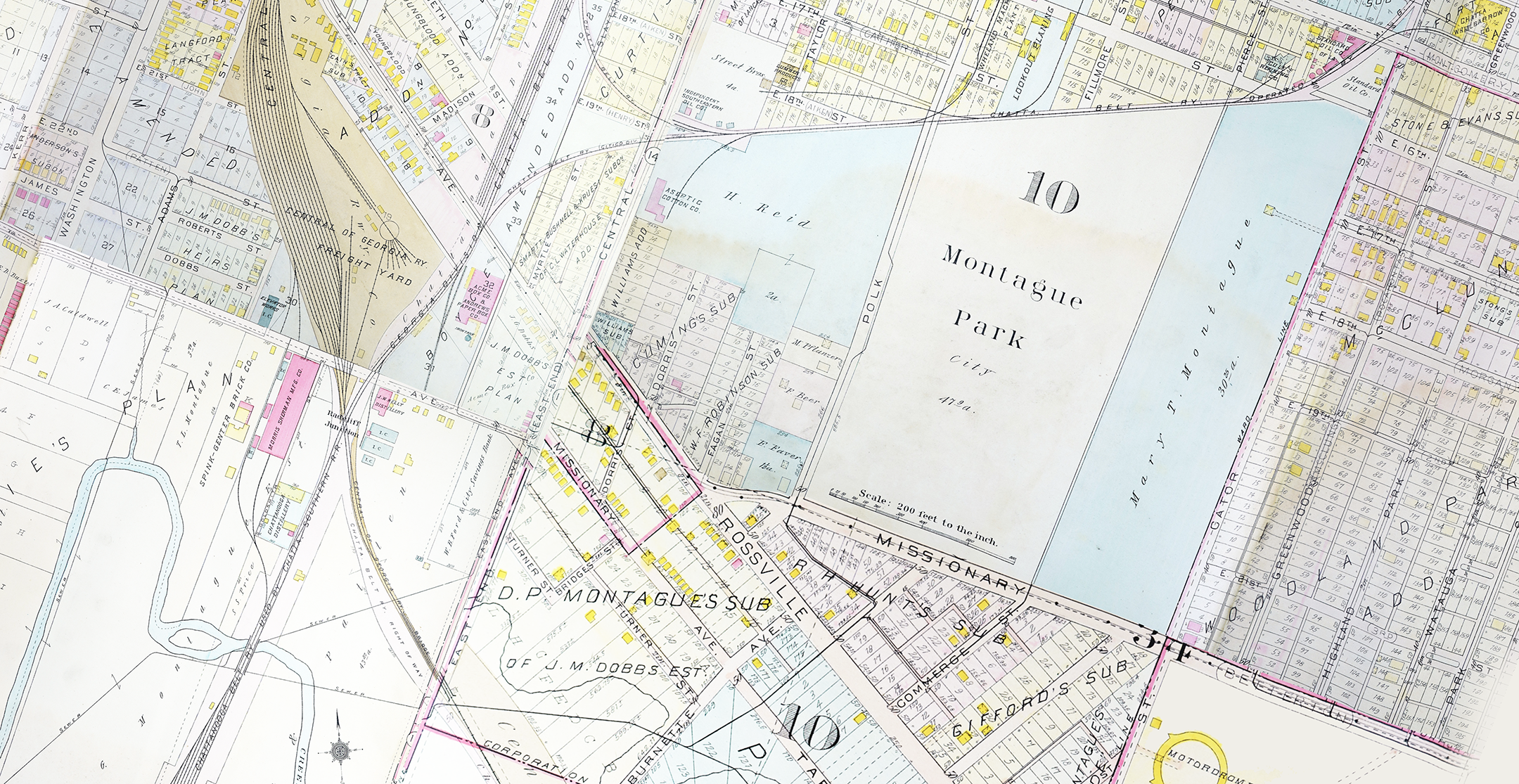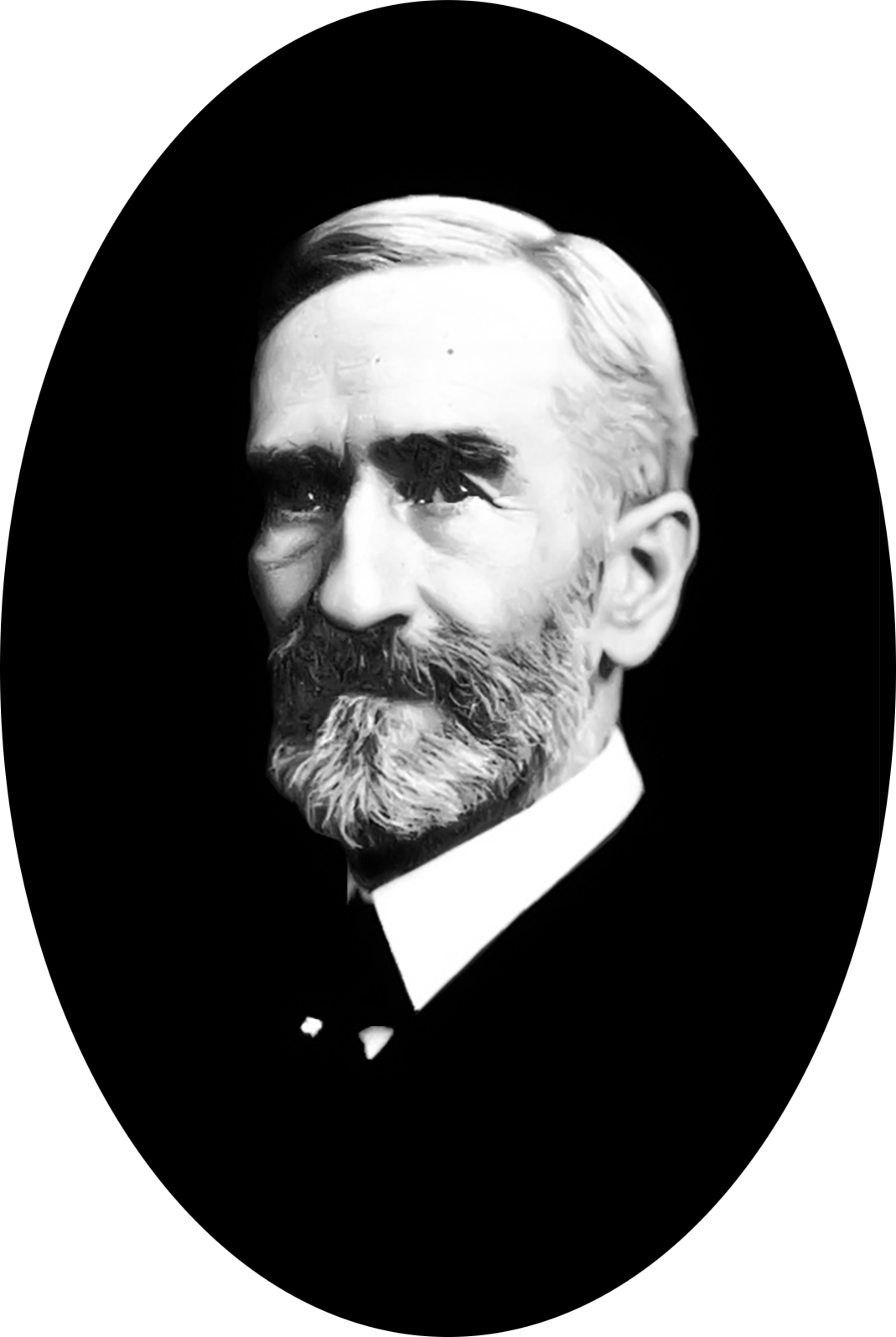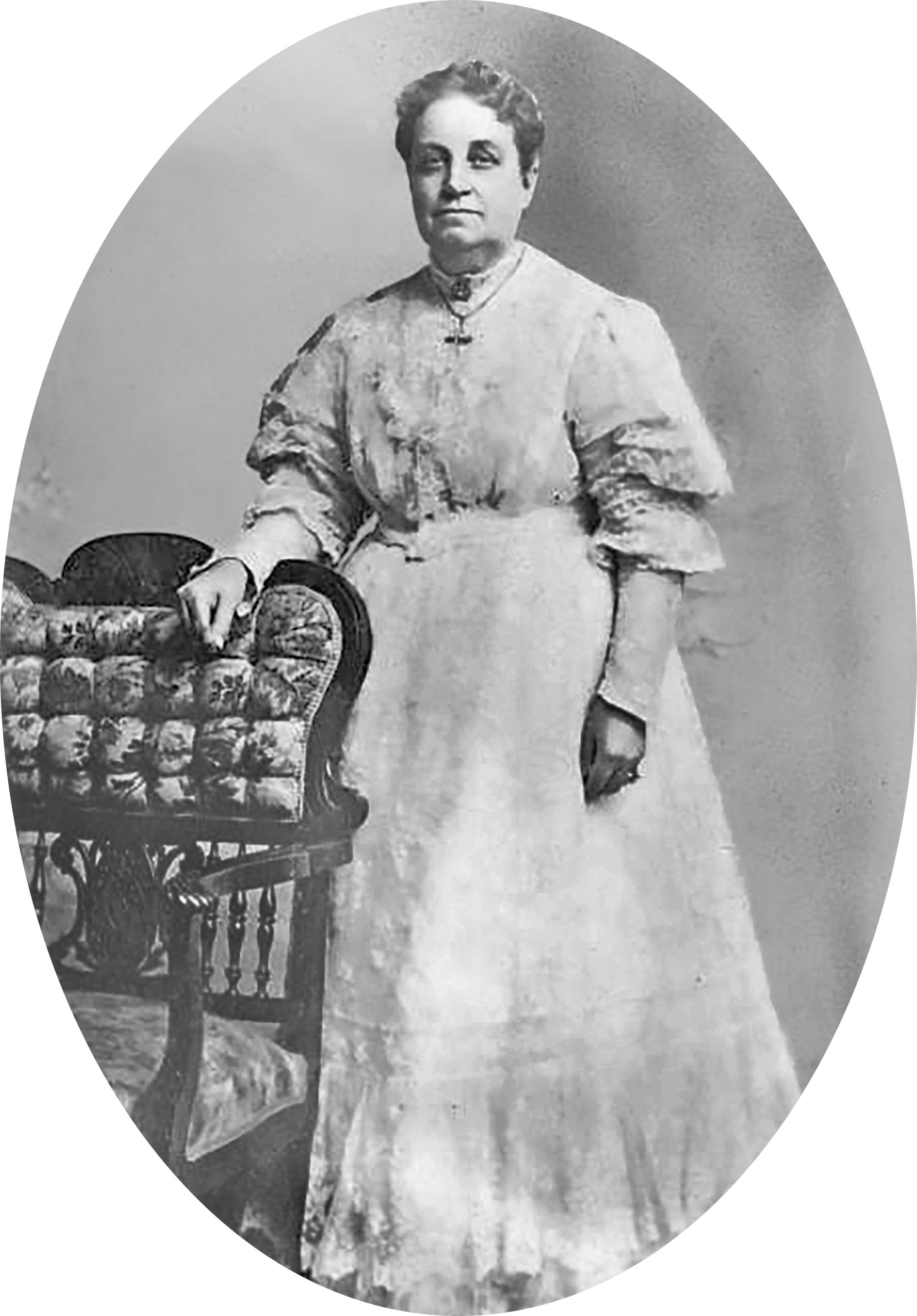
MONTAGUE PARK’S
LEGACY
T.G. Montague
Theodore Giles Montague was a key figure in Chattanooga’s growth following the Civil War. As a founder and later president of the First National Bank, he helped finance many of the city’s emerging industries, including Roane Iron, the Chattanooga Medicine Company, and the Read House. A quiet but influential advisor, Montague also contributed to local development projects such as Highland Park, which he helped name and promote. Deeply invested in the city’s future, he envisioned Chattanooga as a major industrial and transportation hub, and he worked steadily—both financially and morally—to help make that vision a reality.
Though widely respected for his business success—recognized in the New York Times as one of Chattanooga’s "seven millionaires"—Montague considered his faith and community service to be his greatest legacy. A longtime leader in the Presbyterian church, he was known for his integrity and civic-mindedness. That legacy was honored after his death when his family donated 45.5 acres of land to the city, establishing what would become Montague Park. City leaders embraced the gift, seeing it as both a practical benefit and a fitting tribute to a man whose life had been dedicated to building a better Chattanooga.
Source:
Mines, Linda Moss. “Opinion: Montague Park and the Man behind the Name.” Chattanooga Times Free Press, December 18, 2021. https://www.timesfreepress.com/news/2021/dec/18/opinion-montague-park.
Mary Thayer Montague
Mary Thayer Montague, born in New York City in 1841, was the daughter of Norton and Lucy Wales Thayer. She married Theodore G. Montague in Boston in 1873 and soon became a central figure in Chattanooga’s civic life. Known for her leadership in social, religious, and charitable causes, Mary, alongside her husband, played an active role in shaping the city’s community institutions.
The Montagues had four children: Lucy Wales, Norton Thayer, Theodore Langdon, and Mary. In 1911, a year after her husband’s death, Mary Thayer Montague donated 49 acres of land to the City of Chattanooga to be used as a public park in his honor. That land became Montague Park, a lasting tribute to one of the city’s early champions. Mary Montague passed away on October 21, 1921, remembered not only as the wife of a prominent banker but as a civic leader in her own right.
Source:
Wilson, John. “Montagues Led in Chattanooga Banking, Industry; Fine Homes Were Knocked Down on Cameron Hill.” Chattanoogan.com, October 3, 2017. https://www.chattanoogan.com/2017/10/3/353686/Montagues-Led-In-Chattanooga-Banking.aspx


